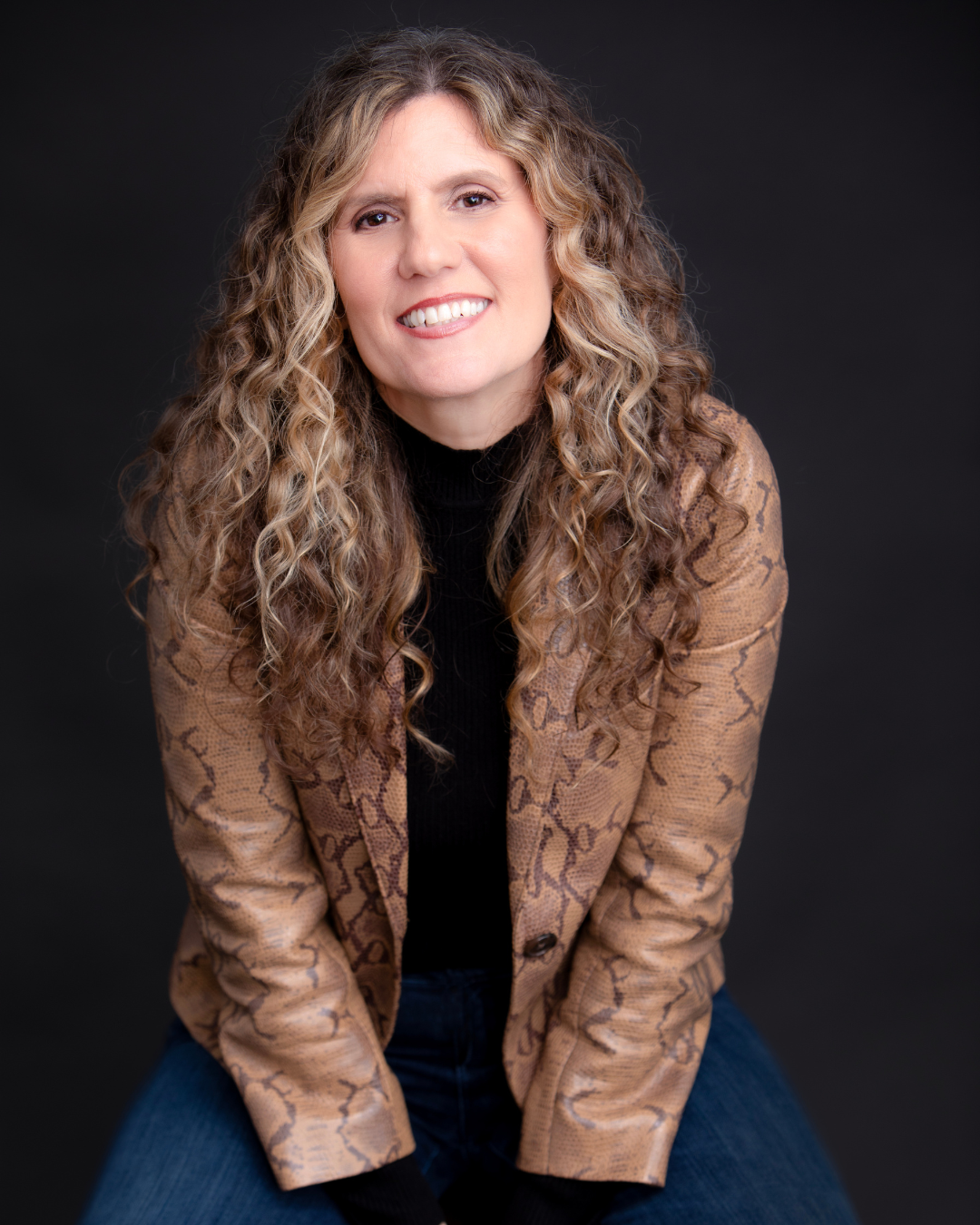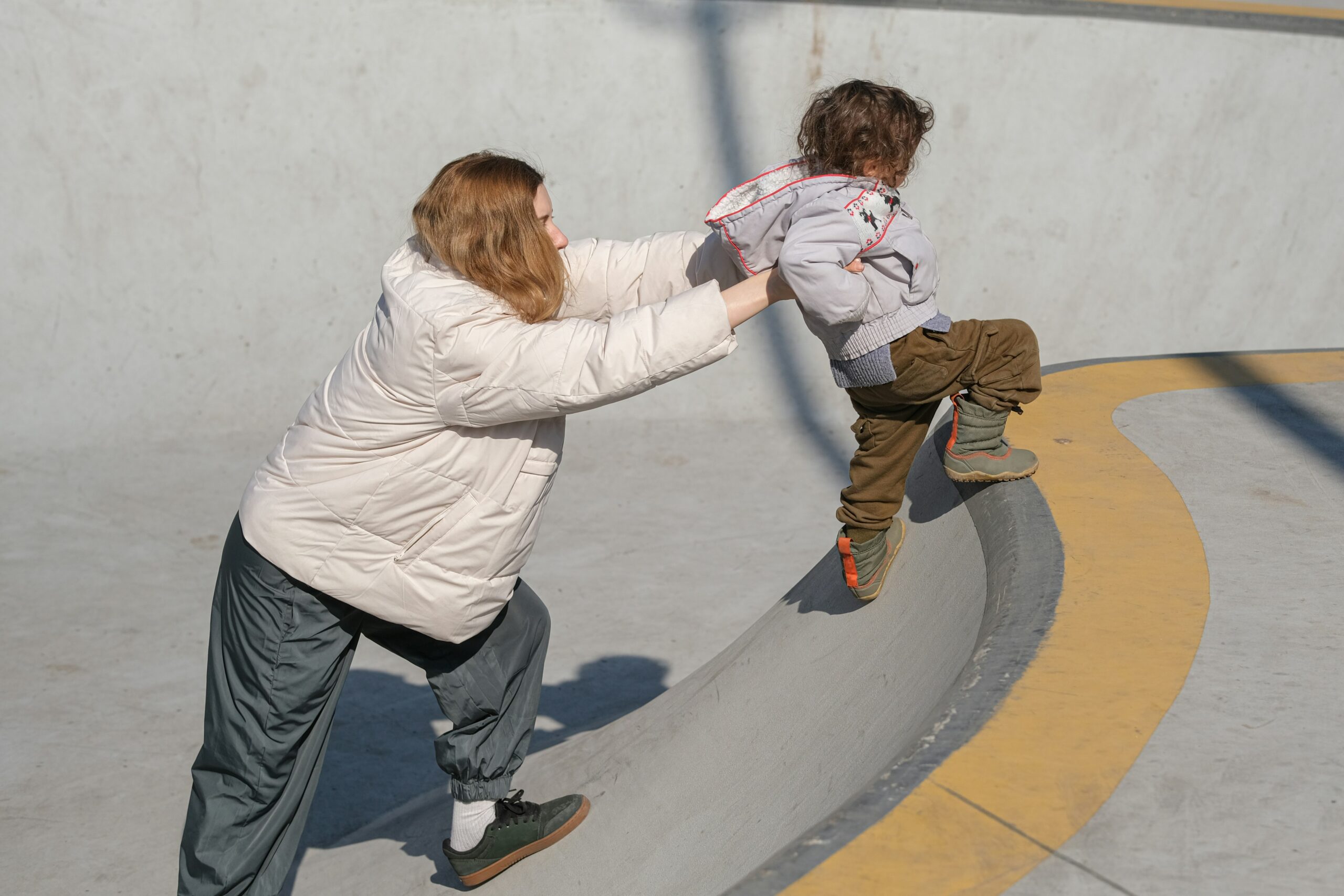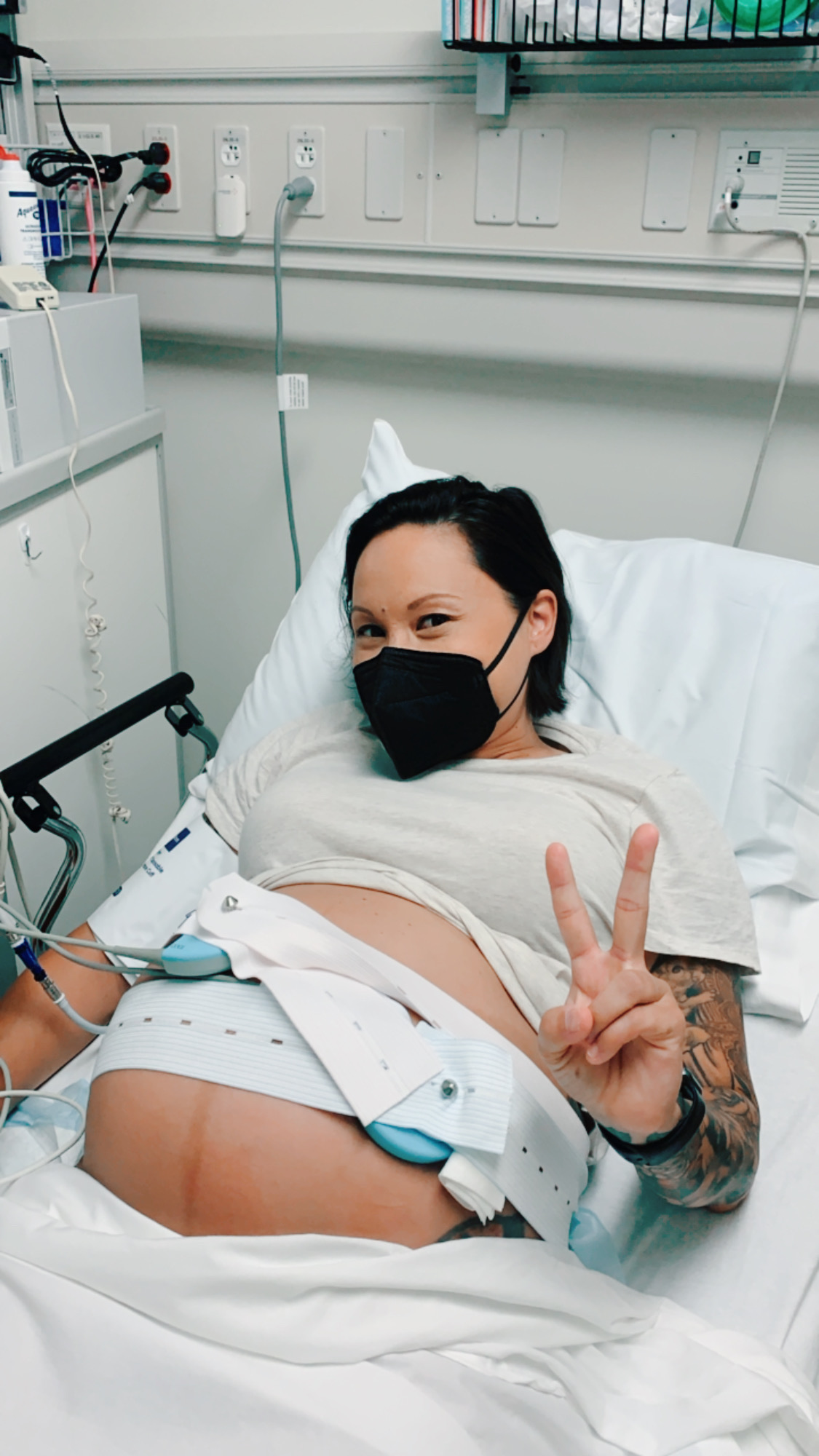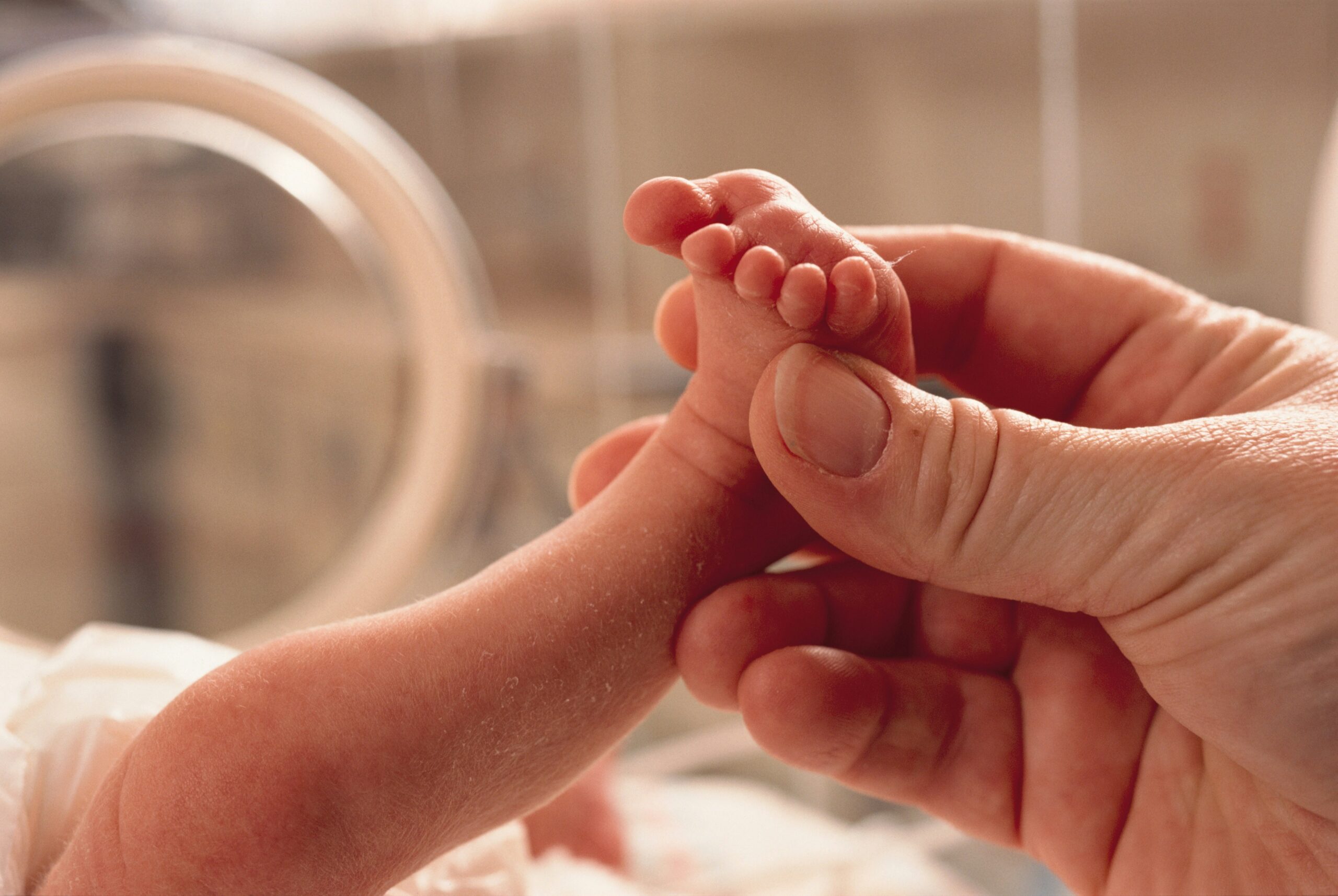I recently bumped into a woman I hadn’t seen in ages at the supermarket. Our kids, now young adults, went to elementary school together. As we stood in the produce section, she turned to me and said, “Don’t you miss sitting in the stands at soccer games, being a room parent and hanging out at all the birthday parties?”
I stood there, frozen, staring at packages of sliced Brussel sprouts, my mind spinning. Then she added, “I miss those days so much. Don’t you?”
I smiled. “Good to see you,” I said, “Take care.” I gave her a little hug and pushed my cart in the direction of the gourmet cheeses. Only someone who does not know me would ask me that question.
No, I do not miss those days. I am happy I survived them.
When my three children were little, I would promise myself that when they got older, I would remember how hard it was for me. Of course, I miss little fingers holding cookies, and slippery bodies piling into the bathtub next to mine and wiping popsicle-stained baby chins. Of course, I miss their adorable earnestness and the sweet smell of my little people. But I swore to remember—before falling into a pit of nostalgia—how much I struggled.
For some women, motherhood comes easy—or at least it seems to. They appear to love every minute of it.
It’s like they are born mommies and all the mommy activities are a joy for them, field trip chaperoning and teacher gift buying and accompanying their kids to appointments at the allergist and orthodontist. I have friends who still take their kids to doctor appointments and their kids are 20 years old. They enjoy it.
But for some of us, motherhood pushes us to the brink of insanity.
I am not referring to loving your kids or fighting for them—I am an expert at both. I am referring to the daily mom tasks that some mothers easily embrace.
For me, being a mother of three out-of-the-box kids, including one who was diagnosed with severe ADHD, made my experience as a mom seem totally different than the experience everyone else was having. Even in the sandbox, I was the mom who could never sit and chat. I was on my feet either chasing my kids down, so they didn’t run out of the park, or diligently watching to make sure they didn’t pour sand on someone else’s pile or bump into them, or grab a shovel. I was hypervigilant and on patrol at every moment. I had learned early on that if your kid was hyperactive, other moms were not happy—not with you or your child.
Motherhood in those early years was exhausting and overwhelming—not the rainbow hearts and teddy bears I had imagined.
This felt like a shameful secret. What kind of mother was I if I didn’t wax on and on about how great it was to be a mom?
So, I kept it in and smiled when people talked about how awesome parenting was and all the camaraderie they felt and how much they loved co-living their kids’ lives and devoting themselves to weekend travel baseball games and evening homework projects and being best friends with their children’s best friends’ parents. But this was not my experience. I felt isolated and alone. I felt like I had lost myself. I had no idea where I was—or who I was. This disorientation felt akin to despair.
Then, I started writing.
I had always been interested in writing but, in college, I gave it up. Throughout the years I journaled sporadically, but it wasn’t until my youngest was in kindergarten that I started writing with a fervor I had never known. Once I sat down and started to release my words onto the page, they literally flew out of my heart and soul and formed words and sentences and the outline of me. As my pages filled up, my identity filled in. Once more, I started to remember and connect with myself.
For me, writing was lifesaving.
Writing ultimately led me to discover my purpose as a writer and teacher. Writing allowed me to not only get the words and the pain and the struggle and the rage and the joy and the beauty of motherhood onto the page, but it also allowed me to share my work and to launch a program to encourage other women to do the same.
But, regardless of whether you share your work or not, writing through the mothering years is transformational. Establishing a practice of setting aside time for the sole purpose of engaging in creative self-expression, participating in this practice on a regular basis, and giving yourself the freedom to express any thoughts and feelings without shame or judgment, brings a level of self-care and self-honoring that is nothing short of life-changing.
Adopting a writing practice can help any mom anchor to her personal identity, separate from her role as someone else’s parent or partner. Here are some easy steps to get started:
Write down 1-3 beliefs that supports your desire to have a writing practice: Setting aside time to write is important for my well being or I am worthy of carving out time during the week for my creative self-expression or writing is an important part of my self-care routine or I have a story to tell.
Create a short writing ritual: Close the door, read your supportive beliefs, take a deep breath, set a timer, and begin writing or light a candle, listen to a favorite song, set a timer, begin writing. A writing ritual does not have to be complex. The goal is to let go of other worries and concerns and enter into a protected space for your creative self-expression—even if it is just for five minutes.
Write as fast as you can for 5 to 10 minutes without stopping, judging, or censoring: Allow your words to come freely out onto the page. Don’t direct or stop or force your words or thoughts. Simple surrender and allow your words to emerge.
Following these three simple steps and connecting to yourself on a regular basis will not necessarily make your mothering journey easy. But it will make it easier for you to know who you are and how you are and what is going on for you, beyond motherhood.
If you want to write but find it difficult, remember that new habits take time. Don’t give up. Be willing to give yourself the space and time to grow into your new writing practice. Motherhood is a marathon not a sprint.
My children are young adults now. For me, this stage of parenting has brought a lot of joy and healing.
When my kids were toddlers, I focused on getting us through the day. Three kids under five, and then three kids under six, and then three under seven. I loved their questions and their thoughts and their laughter, and I was so very, very tired.
When my kids were ten and twelve and fifteen, it was the driving that did me in. On top of everything else, there were the soccer practices and piano recitals and Martial Arts tournaments and show choir competitions and religious school classes and guitar lessons and voice lessons and tennis lessons to get to and from.
Of course, big kids bring their own set of challenges: friend group struggles, romantic dramas, worries about safety and wellbeing.
But, for me, there is so much less doing and so much more enjoying.
We stay up late having great discussions and meals and laughter. I sit on the couch and listen to guitars being played and songs being written. I go to thrift stores, learn Gen Z slang terms, and hear stories about college life: new friends, new insights, new adventures.
My kids have grown into themselves so much more. This is an incomparable gift to behold.
Even though I miss my babies, I do not miss being the mother of littles. It was a tough road, but we made it through, and, for that, I am grateful.
Now, I am reaping the rewards of sharing my life with my three favorite young adults on the planet: my children.
And I am still writing about it, and everything else. Writing saved me then; it saves me now. Wherever you are on your parenthood journey, I encourage you to pick up a pen and dive in.
Author
-

Robin Finn, MPH, MA, is an award-winning writer, teacher, and coach, and the founder of Heart. Soul. Pen.® women’s writing workshops. She is the author of the new book, Heart. Soul. Pen: Find Your Voice on the Page and in Your Life and the novel, Restless in L.A. Robin’s writing has appeared in national and international press, including The New York Times, The Washington Post, and the Los Angeles Times. A cum laude graduate of UCLA, she holds master’s degrees in public health from Columbia University and in spiritual psychology from the University of Santa Monica. Robin teaches workshops across the U.S. and beyond to help others unleash their radical self-expression and grow, heal, and connect through writing. Robin lives with her family in Los Angeles where she writes about midlife, spirituality, the creative process, and finding inner peace (sort of). She is a longtime advocate for children with ADHD and learning differences.
View all posts




